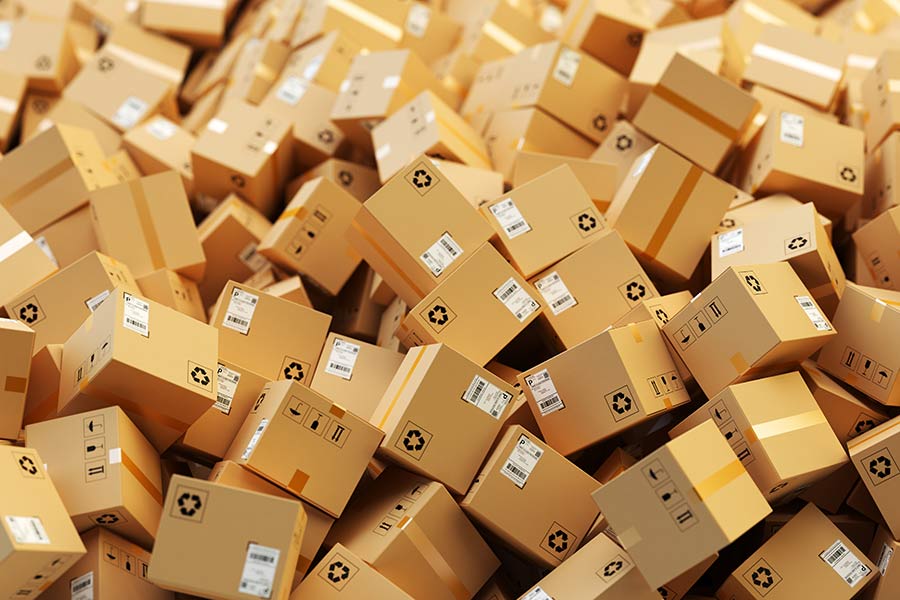More than once we’ve been asked to help ramp-up an ecommerce business where we felt the need to re-calibrate the client’s perspective on the pain of fulfillment. At the risk of being too pithy, sometimes it is – no pain, no gain! To carry the workout metaphor further, you have to be able to tell the good kind of pain (growth) from the bad kind of pain (injury).
We like to start small and build on success. We prefer like small batches, testing configurations and have trouble stocking inventory (the good kind of pain) to having pallets sitting in 3rd-party fulfillment centers (the bad kind of pain). Once we know we have a winner (product, price, distribution, marketing resonate with buyers), we’re all for scaling, automating and optimizing – but often that’s too big of a risk pre-validation.
If you are working in small batches and letting demand drive repacking/bundling, having to pay a local fulfillment team extra dollars for extra hours, is the pain of ‘getting ripped’ (your business growing).
By the time you’ve found the winners and have the scale for custom manufacturing run – you have a much better sense of demand and are much less likely to ‘tear a muscle’ (invest in packaging and manufacture pallets of a bundle that does not sell).
Of course, there are hybrids of small batch processing closer to the manufacturing plant, but it all depends on the cost and minimums. But even then, having some first hand experience with repacking also provides a better frame of reference when negotiating with 3rd-parties.
Along the way, make sure the people doing the packing understand that more orders is the good kind of pain. If you hear one celebrating a slow day because it’s easy, remind (more orders = more hours = more money).



About The Author
Allen Eichler
Allen Eichler is the founder and managing partner of Dynamic Vine. His love of things digital has led him to build, manage and market interactive programs for start-ups and Fortune-500 companies over the past 2 decades.